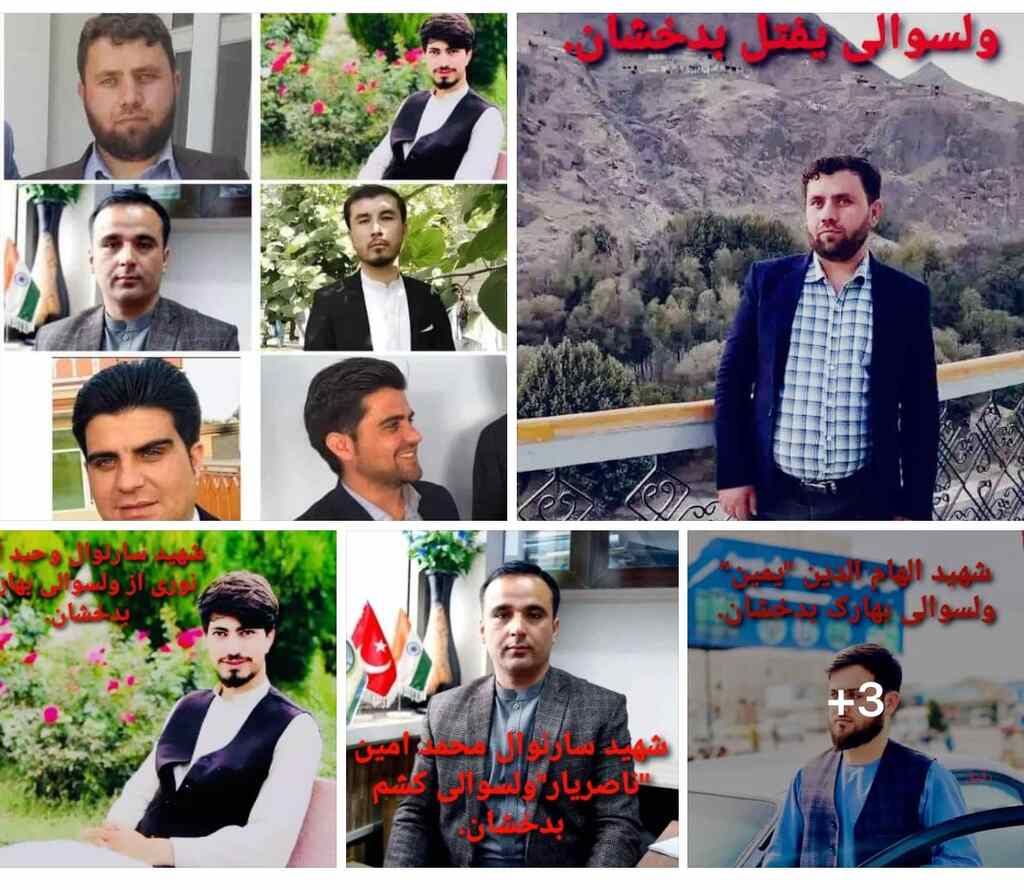Deadly attack struck central Afghanistan on Thursday, the interior ministry confirmed. The assault was claimed by the local Islamic State-Khorasan (IS-K) branch. The IS-K group’s Amaq media wing reported, “Fifteen Shiite Muslims were killed and six others wounded in the attack carried out by the soldiers of the caliphate in central Afghanistan.”
Deadly attack reports in Afghanistan have become less frequent since the Taliban took over in 2021. However, armed factions like IS-K still pose a significant threat. Abdul Matin Qani, spokesman for the Interior Ministry, told AFP, “Unknown gunmen have opened fire and have killed civilians.” He promised more details about the deadly attack in Daykundi province would be released later.
An anonymous source in Daykundi province informed AFP that 14 people had died and at least four were injured. This source revealed that the victims were gathered to welcome pilgrims returning from Karbala, a revered Shiite site in Iraq.
Local media also reported 14 deaths. An official at a hospital in Nili, the provincial capital, said staff were on high alert. “They are prepared to receive and treat the wounded,” the official told AFP on condition of anonymity.
Islamic State-Khorasan, or IS-K, refers to the Afghanistan branch of the Islamic State group. “Khorasan” denotes a historical region covering parts of Iran, Afghanistan, and Central Asia. IS-K has a track record of targeting Shiites, whom they regard as heretics. They are also a rival of the Taliban, despite sharing a strict Sunni ideology.
The Taliban government has consistently downplayed the threat posed by IS-K. Earlier this month, IS-K claimed responsibility for a suicide attack in Kabul, killing six. They also claimed a May attack on tourists in Afghanistan that resulted in six deaths, including three foreigners. In March, IS-K demonstrated its broader reach by attacking a concert hall in Moscow, killing 145 people.
A UN counter-terrorism official recently warned that IS-K poses the greatest external terrorist threat to Europe. The group has “improved its financial and logistical capabilities in the past six months.”
Chief Taliban spokesman Zabihullah Mujahid dismissed these concerns as “driven by propaganda,” asserting that IS-K had been “significantly weakened” in Afghanistan.


